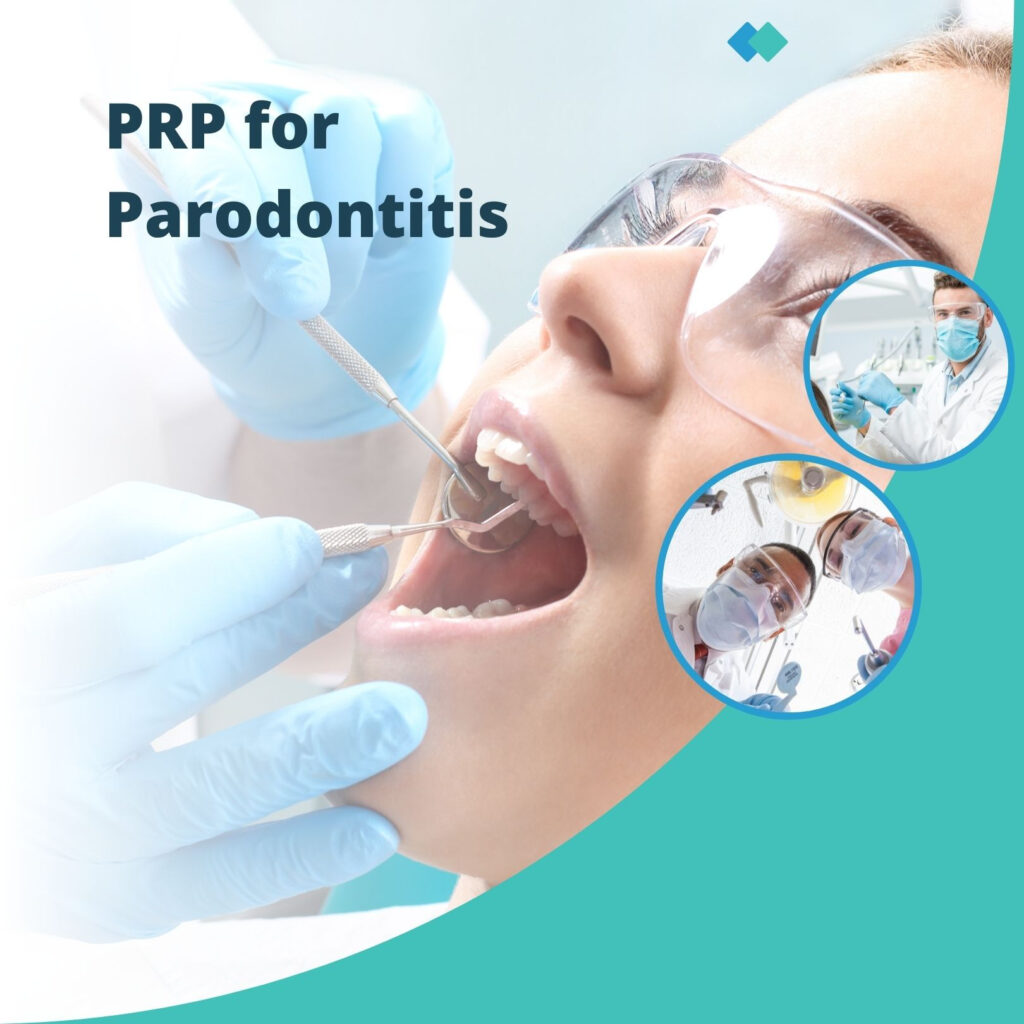Understanding PRP and Teeth Extraction
When it comes to dental treatments, especially something as critical as teeth extraction, many patients are looking for ways to reduce discomfort, minimize recovery time, and promote faster healing. One option increasingly gaining attention is PRP, or Platelet-Rich Plasma. But the question remains: Is PRP worth when doing the teeth extraction? This article dives deep into the role of PRP in dental care, its benefits, and whether it’s a cost-effective solution during tooth extraction.
What is PRP (Platelet-Rich Plasma)?
PRP, or Platelet-Rich Plasma, is a concentration of platelets derived from your own blood. It is rich in growth factors that help accelerate the body’s healing process. In recent years, PRP has been applied to several fields of medicine, including orthopedics, cosmetics, and dentistry. By isolating the platelets from your blood and applying them directly to the affected area, PRP stimulates tissue regeneration and reduces inflammation.
The Science behind PRP in Dentistry
The science of PRP revolves around the healing properties of platelets, which are critical in wound healing. PRP contains a high concentration of growth factors that help in tissue repair and regeneration. In dentistry, PRP is applied to the site of the tooth extraction to encourage rapid healing of the soft tissue and bone, reducing post-procedure discomfort.
Teeth Extraction Procedures
Teeth extractions are one of the most common dental procedures. Whether it’s a simple extraction of a visible tooth or a more complex surgical extraction of a tooth beneath the gum line, the healing process can be lengthy. Surgical extractions, in particular, can result in longer recovery times due to the involvement of the bone. This is where PRP comes into play.
Benefits of PRP in Dentistry
Accelerating Healing with PRP
One of the key benefits of PRP in dentistry is its ability to accelerate healing. After a tooth extraction, especially in more complex cases, the wound site may take weeks to heal completely. By applying PRP, the body’s natural healing process is enhanced, leading to a quicker recovery time.
Reducing Pain and Discomfort
PRP has been shown to reduce post-extraction pain significantly. Since it promotes quicker tissue regeneration, patients report less discomfort compared to traditional healing methods. The growth factors in PRP work to reduce inflammation, making the healing process smoother.
PRP in Bone Regeneration Post-Extraction
Another benefit of PRP in dental care is its role in bone regeneration. After a tooth is removed, especially in cases where bone density is compromised, PRP can help in socket preservation and bone healing, ensuring that the jaw remains strong and healthy for future dental work, such as implants.
Is PRP Worth It for Teeth Extraction?
Cost vs. Benefits
PRP treatments can be expensive, adding to the cost of already pricey dental procedures. However, for many patients, the benefits, including faster healing, less pain, and a reduced risk of complications, outweigh the financial burden. The cost of PRP will vary depending on the clinic and the complexity of the procedure.
Comparing Traditional Healing vs. PRP Healing
In traditional healing, a tooth extraction site can take several weeks to heal fully. During this time, patients may experience discomfort, swelling, and the risk of infection or dry socket. PRP, on the other hand, speeds up the recovery process by promoting tissue regeneration and minimizing inflammation.
PRP for High-Risk Patients
PRP is particularly beneficial for high-risk patients those with compromised immune systems, smokers, or individuals with pre-existing condition that slow healing. In these cases, PRP can make a substantial difference by providing the necessary growth factors to kick-start the healing process.
People Also Ask
What is PRP used for in dental procedures?
PRP is used to promote faster healing and reduce discomfort after dental surgeries like tooth extractions.
Is PRP safe for everyone?
No, individuals with certain health conditions, like blood disorders, may not be suitable candidates for PRP therapy.
How does PRP help with pain after tooth extraction?
PRP reduces inflammation and promotes tissue regeneration, which can lessen post-surgical pain.
Is PRP expensive compared to traditional healing methods?
Yes, PRP is more costly, but many patients find the reduced recovery time and pain worth the additional expense.
Does PRP improve dental implant success?
Yes, PRP can help improve the integration of dental implants with the jawbone.
How long does it take to recover from tooth extraction with PRP?
Recovery times can be significantly reduced with PRP, often by several days.
